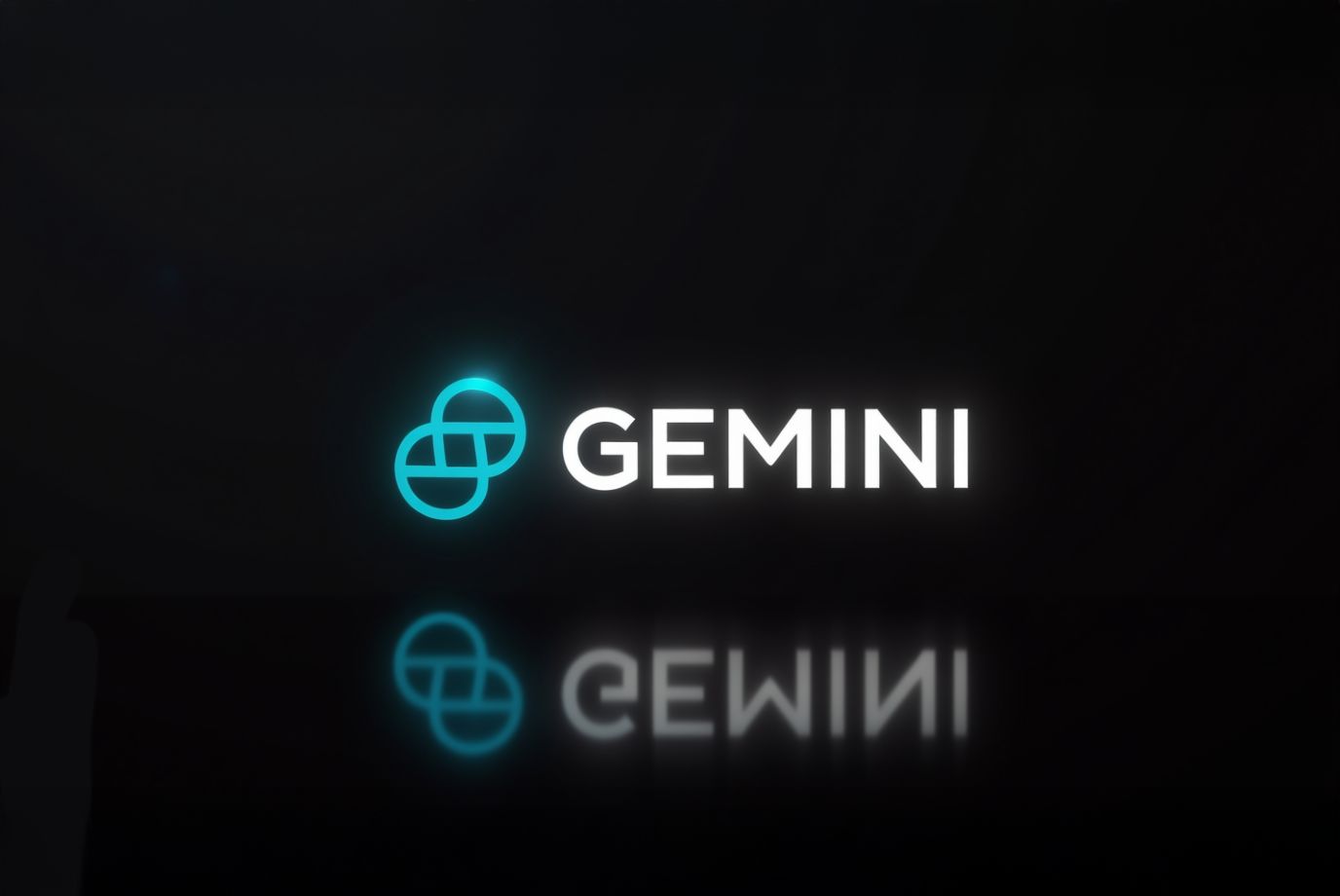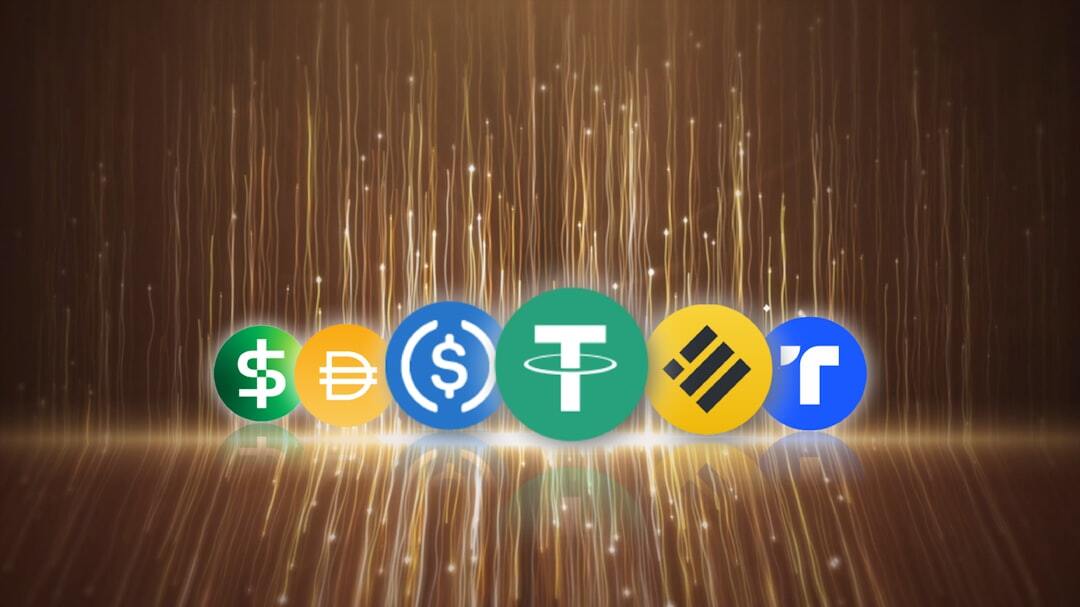- Unchained Daily
- Posts
- Weekly Recap: Trump’s $5B WLFI Windfall, Polymarket’s U.S. Comeback
Weekly Recap: Trump’s $5B WLFI Windfall, Polymarket’s U.S. Comeback
Gotta stake ’em all!
Why Pokémon Cards Are Better Onchain (and How to Trade Them)
Last week’s launch of CARDS sparked a flurry of trading in Pokémon cards onchain. The CEO of Collector Crypt explains why trading card games are poised to break out.
Pokémon cards are no longer just collectibles stuffed in a binder. They’re becoming liquid, tradable assets onchain.
In this episode, Collector Crypt CEO Tuom Holmberg and Bitwise’s Danny Nelson explain how the project is reimagining the $100 billion trading card industry. From slashing eBay’s 13% fees to near-zero, to solving decades-old authentication problems with vaulting and NFTs, to launching a token that surged 700% in weeks, Collector Crypt is pushing trading cards into crypto rails.
We also explore whether this is the start of a “Polymarket moment” for collectibles, how these cards could be used in DeFi, and if mainstream investors might soon allocate to Pokémon decks alongside BTC and ETH.
Listen to the episode on Apple Podcasts, Spotify, Pods, Fountain, Podcast Addict, Pocket Casts, Amazon Music, or on your favorite podcast platform.
Now, let’s get into this week’s news! In today’s edition:
💰 Trump’s WLFI token launch nets $5B in paper wealth
🎯 Polymarket cleared for U.S. relaunch after CFTC nod
📜 Regulators give green light to spot crypto trading
🔗 Tokenization wave spans Fed, Galaxy, and Ondo
🎥 Pump.fun’s new fee model pays $2M in a day
📊 Gemini files for Nasdaq IPO at $2.22B valuation
💵 Fireblocks launches stablecoin payments network with 40+ partners
⚡ Solana approves Alpenglow upgrade for 100x throughput
🔥 Ethereum Foundation’s $43M ETH sale sparks debate
🏦 Kraken acquires Breakout to expand prop trading
🚨 Venus Protocol recovers after $27M exploit
Trump Family Nets $5 Billion on WLFI Token Launch
This Monday marked the trading debut of World Liberty Financial’s WLFI token, the centerpiece of the Trump family’s crypto ventures.
The token initially surged above $0.30 before sliding throughout the day; by Thursday afternoon, WLFI was priced at $0.16.
The launch unlocked 24.6 billion tokens, giving the Trump family and affiliated entities an estimated $5 billion in paper wealth. Data shows insiders control more than half the supply, with one entity, DT Marks DEFI LLC, holding 22.5 billion WLFI.
Donald Trump Jr. defended the project, calling WLFI “the governance backbone of a real ecosystem changing how money moves.” The token’s debut drew nearly $1 billion in trading volume within its first hour across major exchanges.
On Thursday, World Liberty Financial froze Justin Sun’s wallet containing 595 million WLFI tokens worth about $107 million after blockchain data showed $9 million in transfers, sparking a 20% daily price drop and leaving the Trump-linked project down 42% since its September 1 debut despite Sun holding nearly $700 million in vested tokens.
Polymarket Cleared to Relaunch in U.S.
Prediction market platform Polymarket has received regulatory clearance to return to the U.S., following a no-action letter from the Commodity Futures Trading Commission.
The decision allows Polymarket to legally offer event-based contracts through its acquisition of QCX, a licensed derivatives exchange and clearinghouse.
“Polymarket has been given the green light to go live in the USA by the CFTC,” CEO Shayne Coplan wrote on X, crediting the commission for moving “in record timing.”
The approval comes after years of regulatory scrutiny. In 2022, Polymarket reached a settlement with the CFTC for operating as an unregistered platform, and last year Coplan’s home was raided by the FBI.
Both the CFTC and the Department of Justice closed their investigations in July without filing charges.

AI-generated image
SEC and CFTC Open Door to Spot Crypto Trading
U.S. regulators have issued long-awaited clarity on spot crypto markets, confirming that registered exchanges may now list certain digital asset products. In a joint statement, the Securities and Exchange Commission and the Commodity Futures Trading Commission said securities exchanges, designated contract markets, and foreign boards of trade can facilitate spot trading — including products with margin or leverage — if they meet investor protection and transparency standards.
“Market participants should have the freedom to choose where they trade spot crypto assets,” said SEC Chairman Paul Atkins. Acting CFTC Chair Caroline Pham called the move “the latest demonstration of our mutual objective of supporting growth and development in these markets.”
The agencies also directed platforms to work closely with custodians, provide clear reference pricing, and publicly share trade data. The guidance arrives as Congress continues debating a broader market structure bill, leaving regulators to act under existing law.
Tokenization Gains Momentum Across Finance and Regulation
The U.S. Federal Reserve is preparing to spotlight tokenization at its Payments Innovation Conference on October 21. The event will examine stablecoin models, onchain assets, and the convergence of traditional and decentralized finance. “I look forward to examining the opportunities and challenges of new technologies,” said Fed Governor Christopher Waller, noting the role of tokenization in building safer and more efficient payment systems.
Meanwhile, Galaxy Digital has become the first Nasdaq-listed company to tokenize its SEC-registered public equity directly on a major blockchain. Partnering with Superstate, Galaxy shares are now available on Solana, with legal ownership updated in real time as tokens change hands. CEO Mike Novogratz said the initiative “brings the best of crypto – transparency, programmability, and composability – into the traditional world.”
Adding to the momentum, Ondo Finance has launched over 100 tokenized U.S. stocks and ETFs on Ethereum, with plans to expand to 1,000 assets by year-end, providing global investors 24/7 onchain access to equities.
Pump.fun’s New Fee Model Rewards Creators With $2 Million in a Day
Solana-based token launchpad Pump.fun has introduced a new dynamic fee model under its “Project Ascend” framework, immediately boosting earnings for token creators. The system links fees to token market capitalization, granting smaller projects up to 0.95% of each trade, compared with just 0.05% under the previous model.
The change had a swift impact. Within 24 hours of the update, creators received nearly $2 million in rewards, compared with only $198,000 the day before.
Streamers and token builders say the overhaul could rival traditional platforms like Twitch. “It allows small creators like myself to make more money a month than a Twitch or Kick streamer does in a year,” one Pump.fun livestreamer, Jytol, told Decrypt.

AI-generated image
Gemini Pursues $2.22 Billion Valuation in Nasdaq IPO
Crypto exchange Gemini, founded by Cameron and Tyler Winklevoss, has filed for a Nasdaq listing under the ticker symbol GEMI. The company plans to offer 16.7 million shares at $17 to $19 each, seeking to raise up to $317 million and secure a valuation as high as $2.22 billion.
According to the filing, Gemini reported a net loss of $282.5 million on $68.6 million in revenue for the six months ending June 30, compared with a $41.4 million loss on $74.3 million in revenue during the same period a year earlier.
The New York-based platform registered as an “emerging growth company,” which allows it to adopt lighter reporting requirements, including reduced disclosures on executive pay and exemption from certain audit rules.
Gemini’s filing comes amid renewed enthusiasm for digital asset firms on Wall Street, following successful debuts by Bullish and Circle earlier this year. If approved, Gemini would become the third U.S.-listed crypto exchange, joining Coinbase and Bullish.

AI-generated image
Fireblocks Unveils Stablecoin Payments Network
Crypto infrastructure provider Fireblocks has launched a new platform designed to streamline how companies move and build with stablecoins.
The initiative, called the Fireblocks Network for Payments, connects more than 40 participants at launch, including stablecoin issuer Circle, fintech startup Zerohash, and Bridge, a company recently acquired by Stripe.
The goal is to make cross-border transfers and stablecoin integrations faster and less error-prone.
Michael Shaulov, Fireblocks’ cofounder and CEO, told Fortune: “Either it’s super expensive from an engineering standpoint and takes them a lot of time, or if they’re starting to do it manually, then, of course, it’s basically prone to errors, so they can lose money.”
Fireblocks already processes billions in stablecoin transactions daily, hitting a record $212 billion in July. The new network expands beyond trading use cases, offering multi-stablecoin support and positioning itself as a rival to Circle’s payments system, at a time when stablecoins are gaining traction across fintech and banking.
In related news, on Thursday, Stripe and Paradigm unveiled a payments-first blockchain called Tempo, now in private testnet with partners like OpenAI, Deutsche Bank, and Shopify, marking Stripe’s latest crypto push after its $1.1 billion Bridge acquisition and Coinbase Base integration.
Solana Approves Alpenglow Upgrade to Supercharge Speed
Solana has voted overwhelmingly in favor of its Alpenglow upgrade, a consensus overhaul designed to multiply network throughput and slash transaction times. More than 98% of stakers backed the measure, easily clearing the 33% quorum requirement after a two-week governance process involving over half of validators.
Alpenglow introduces two new components: Votor, which reduces transaction finality from more than 12 seconds to as little as 150 milliseconds, and Rotor, which replaces Solana’s Proof-of-History system to accelerate data transfers between validators. Together, the changes are expected to increase throughput by about 100-fold.
“At these speeds, Solana could realize Web2-level responsiveness with L1 finality, unlocking new use cases that require both speed and cryptographic certainty,” the Solana Foundation said in a blog post. Developers and community members describe the leap as a dramatic step forward for the network’s infrastructure, with implementation now set to proceed.
Ethereum Foundation’s $43 Million ETH Sale Sparks Debate
The Ethereum Foundation has announced plans to sell 10,000 ETH, valued at roughly $43 million, through centralized exchanges over the coming weeks.
The organization said proceeds will support research and development, ecosystem grants, and donations. To avoid market disruption, sales will be split into smaller orders rather than a single transaction.
The move has stirred debate within the crypto community. Some questioned why the Foundation chose centralized exchanges instead of decentralized platforms or over-the-counter deals. One user on X described it as “the most polite way I’ve seen someone dump on us ever.”
The sale follows the Foundation’s new treasury policy introduced in June and comes as ether trades above $4,300 after a strong 30-day rally.
Kraken Acquires Breakout to Expand Prop Trading Services
Crypto exchange Kraken has acquired Breakout, a proprietary trading platform that funds traders based on demonstrated performance. The deal brings Breakout’s evaluation-based model directly into Kraken Pro, giving qualified users access to up to $200,000 in notional capital and the ability to keep up to 90% of profits.
To qualify, traders must purchase and pass an evaluation that tests risk management, drawdown discipline, and strategy consistency. Breakout accounts are capped at $100,000 each, with multiple accounts permitted up to the $200,000 aggregate limit.
“Breakout gives us a way to allocate capital based on proof of skill rather than access to capital itself,” said Kraken co-CEO Arjun Sethi. Breakout CEO Alex Miningham called the integration a “unified ecosystem” for trader development and capital deployment.
Venus Protocol Recovers After $27 Million Exploit
Venus Protocol, a lending platform on BNB Chain, suffered an exploit on Tuesday when attackers redirected its Core Pool Comptroller contract to a malicious address. The breach drained about $27 million in assets, including vUSDC and vETH, prompting Venus to suspend withdrawals and liquidations while the situation was investigated.
On Wednesday, the platform confirmed it had recovered the stolen funds and restored services, assuring users that its front end and custody systems were uncompromised. “The pause was necessary not just to secure the phished funds, but to conduct full security checks,” Venus wrote on X.
In related news, Ethereum layer 2 Starknet suffered a multi-hour outage on Tuesday that erased about an hour of activity before developers reorganized the chain and restored block production, with a full incident report still pending.







